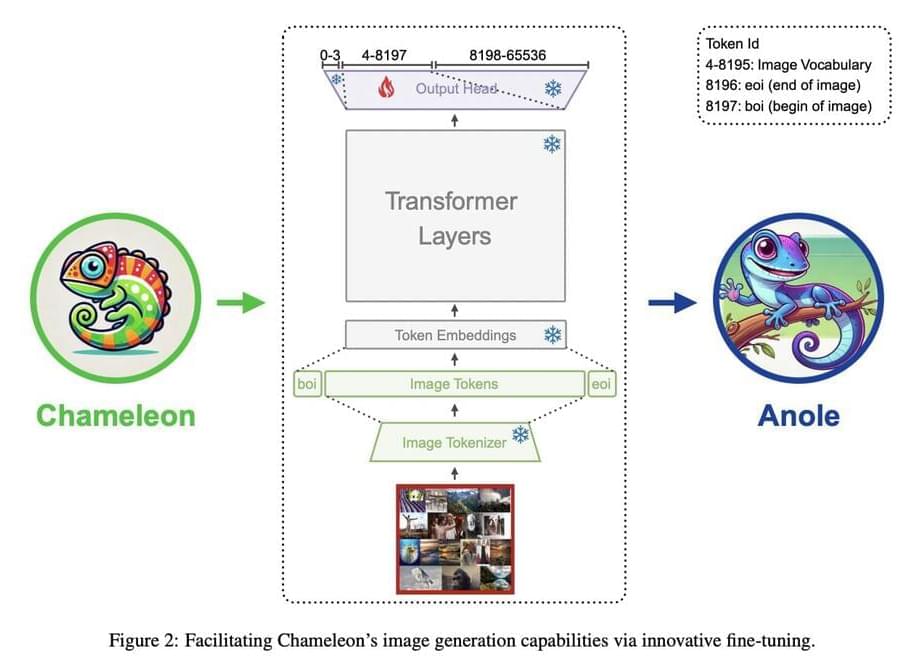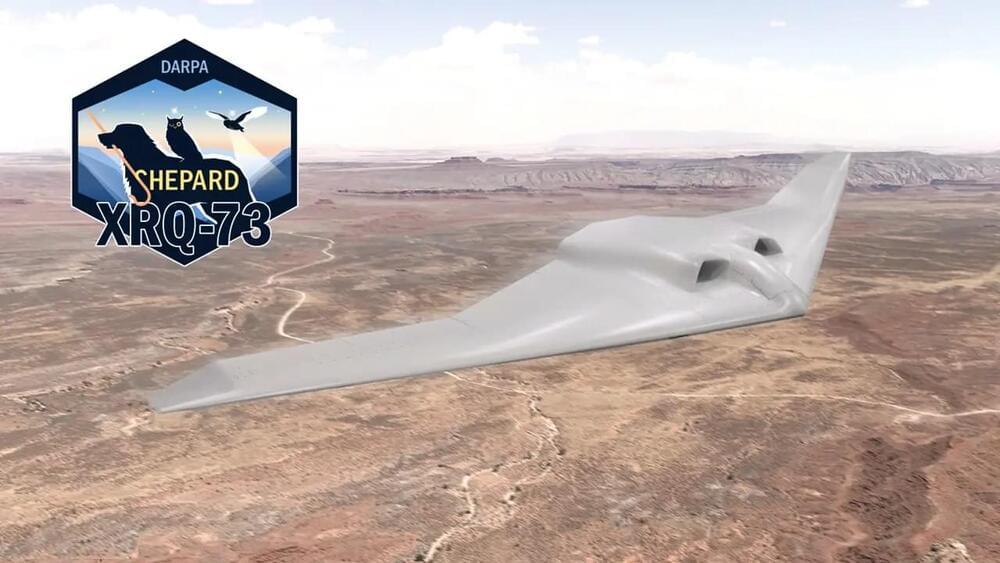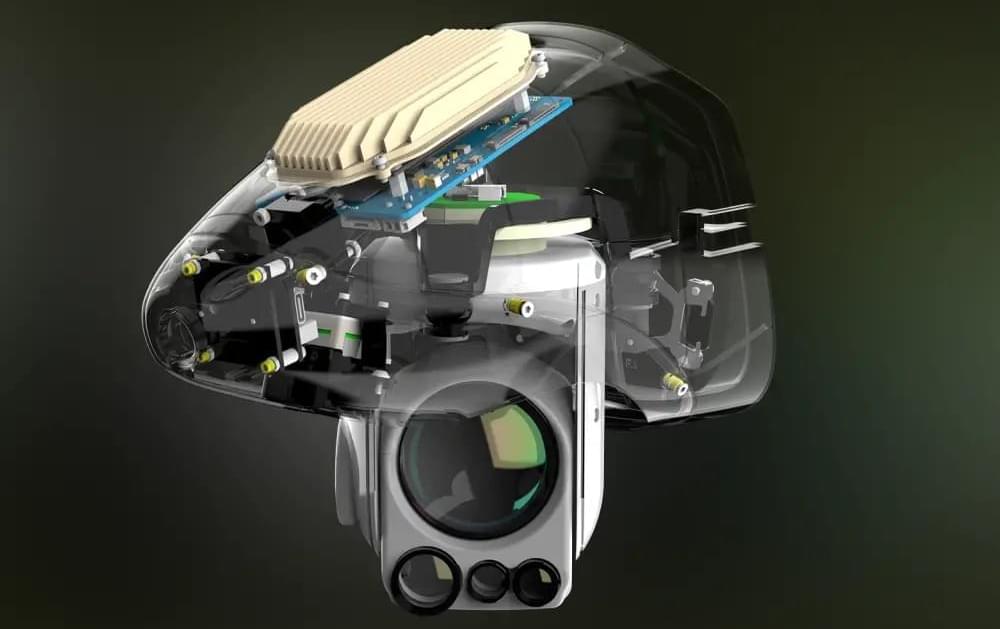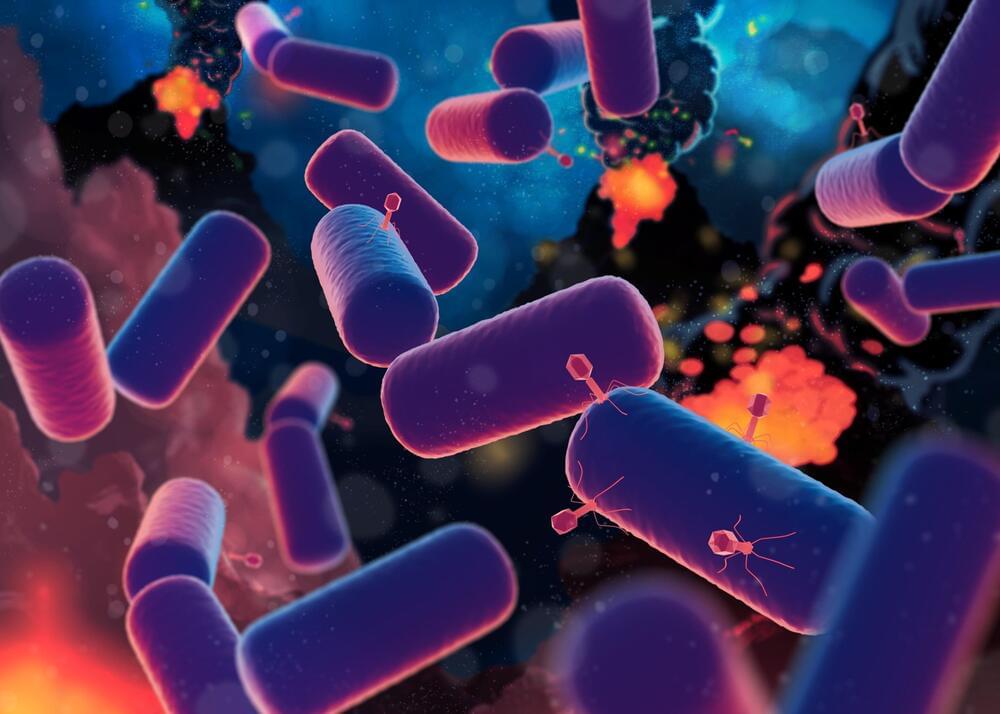Existing open-source large multimodal models (LMMs) face several significant limitations.


Join us on Patreon! https://www.patreon.com/MichaelLustgartenPhDDiscount Links: Epigenetic, Telomere Testing: https://trudiagnostic.com/?irclickid=U-s3Ii2r7x…
“Mind uploading speculation and debate often concludes that a procedure described as gradual in-place replacement preserves personal identity while a procedure described as destructive scan-and-copy produces some other identity in the target substrate such that personal identity is lost along with the biological brain. This paper demonstrates a chain of reasoning that establishes metaphysical equivalence between these two methods in terms of preserving personal identity.” — Keith Wiley https://keithwiley.com https://www.brainpreservation.org/tea… thanks for tuning in! Please support SciFuture by subscribing and sharing! Have any ideas about people to interview? Want to be notified about future events? Any comments about the STF series? Please fill out this form: https://docs.google.com/forms/d/1mr9P… Kind regards, Adam Ford — Science, Technology & the Future — #SciFuture — http://scifuture.org

Researchers from MIT and elsewhere developed an easy-to-use tool that enables someone to perform complicated statistical analyses on tabular data using just a few keystrokes. Their method combines probabilistic AI models with the programming language SQL to provide faster and more accurate results than other methods.

Northrop Grumman Corporation (NYSE: NOC) has announced the design and construction of the Series Hybrid Electric Propulsion AiRcraft Demonstration (SHEPARD) vehicle. The uncrewed air system developed for DARPA recently received its official X-plane designation of XRQ-73. Built in collaboration with Scaled Composites, a Northrop Grumman subsidiary, the XRQ-73 SHEPARD is a DARPA “X-prime” program leveraging hybrid electric architecture and component technologies to quickly mature a new mission-focused aircraft design with propulsion architecture and power class for the Department of Defense.
“The idea behind a DARPA X-prime program is to take emerging technologies and burn down system-level integration risks to quickly mature a new missionized long endurance aircraft design that can be fielded quickly. The SHEPARD program is maturing a specific propulsion architecture and power class as an exemplar of potential benefits for the Department of Defense,” said Steve Komadina, SHEPARD program manager.
The DARPA team includes members from the Air Force Research Laboratory (AFRL), the Office of Naval Research (ONR), and warfighters. The prime contractor for SHEPARD is Northrop Grumman Corporation’s Aeronautics Systems sector in Redondo Beach, CA. Scaled Composites, LLC is a major supplier, along with Cornerstone Research Group, Inc., Brayton Energy, LLC, PC Krause and Associates, and EaglePicher Technologies, LLC. The XRQ-73 aircraft hybrid-electric uncrewed aircraft system (UAS) will be a Group 3 UAS weighing approximately 1,250 pounds. First flight of the XRQ-73 is expected by year-end 2024.

South Korea is poised to enhance its defense capabilities with the launch of a revolutionary laser-based anti-aircraft weapon. Hanwha Aerospace, a leading South Korean defense firm, has begun production following a contract signed in late June with the Defense Acquisition Program Administration (DAPA). The contract, worth KRW100 billion (USD72.5 million), mandates the delivery of the ‘Laser Based Anti-Aircraft Weapon Block-I’ systems to the Republic of Korea (RoK) Armed Forces starting later in 2024. This advanced weapon system, developed since 2019 with an investment of KRW87.1 billion (approximately USD63 million), is set to bolster South Korea’s defense against emerging threats, particularly from North Korea.
DAPA has described the Block-I system as a new-concept future weapon system that employs a laser generated from an optical fiber to neutralize targets. The weapon is engineered to accurately strike small unmanned aerial vehicles (UAVs) and multicopters at close range. This innovative technology is silent, ammunition-free, and operates solely on electricity, making it a cost-effective solution, with each firing costing about KRW2,000. The laser anti-aircraft weapon (Block-I) represents a significant advancement in our defense capabilities. If the output is improved in the future, it could become a game-changing asset on the battlefield, capable of responding to aircraft and ballistic missiles.
Dubbed the “StarWars Project,” the weapon’s development is a crucial element of South Korea’s strategy to modernize its defense systems amidst North Korea’s increasing weapons advancements. The laser beam emitted by the weapon is invisible to the human eye and produces no sound, adding to its tactical advantages. Upon deployment, South Korea will be the first country to operate this type of advanced laser weapon system, marking a significant milestone in military technology. This strategic development underscores South Korea’s commitment to maintaining a robust and modern defense posture in an increasingly complex security environment.

Quantum Systems, the Munich-based manufacturer of dual-use reconnaissance drones that use multi-sensor technology to collect data for government agencies and commercial users, confirms for the first time the deployment of a previously unreleased AI sensor upgrade of the type “Receptor AI” in Ukraine. The new upgrade kit is based on a Jetson Orin Nvidia chip and several sensors for the Vector reconnaissance drone. The further development enables optical navigation during the day and at night and in poor visibility conditions, as well as automated AI-supported object recognition and identification. In times of electronic warfare, navigation is the biggest challenge for the use of drones.
“We are implementing the upgrade without any weight changes and with the same range. We are designing these adaptations without fundamental changes to the existing platform architecture,” says Daniel Kneifel, Director of Software Engineering at Quantum Systems.
“We are demonstrating that AI does not have to be an abstract topic, but offers tangible benefits in use. For Quantum Systems, the combination of hardware and software is crucial to being able to offer market-leading solutions in the field of aerial intelligence,” says Sven Kruck, CRO and Managing Director, Quantum Systems.

Raytheon, an RTX (NYSE: RTX) business, has been awarded a contract from the U.S. Army Futures Command (AFC) Futures and Concepts Center (FCC) to conduct theater level concept experimentation and mission analysis to support agile learning of the future battlefield. Under the contract, a Raytheon team will use its Rapid Campaign Analysis and Demonstration Environment, known as RCADE, to develop large-scale theater scenarios to help FCC leaders assess concepts of operations in a multi-domain conflict. Quantitative data and findings from the scenarios will help identify capabilities needed to succeed in future conflicts.
RCADE is part of Raytheon’s integrated ecosystem of modeling and simulation capabilities that are fed by real-world analytics, models, and data. It creates an experimentation environment where customers can explore battlefield scenarios, assess how different variables impact mission outcomes and quickly iterate their options with greater speed. In tandem with RCADE, the technical expertise provided by Raytheon engineers will complement the U.S. Army’s analysis enterprise. They will work together to meet the challenge of the future and solve complex evolving threats.
“RCADE helps our customers look at some of the most difficult missions and evaluate how to change the outcome for the positive. Our team of highly trained experts power this groundbreaking capability, enabling it to deliver credible, unbiased solutions,” said Colin Whelan, president of Advanced Technology at Raytheon.

